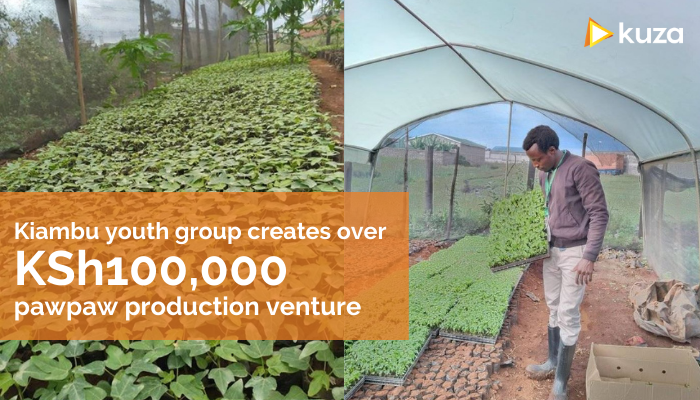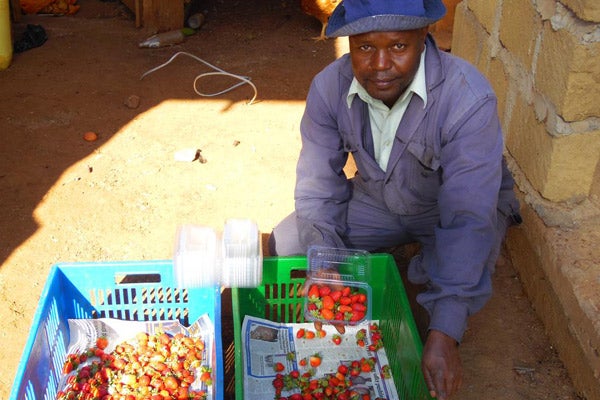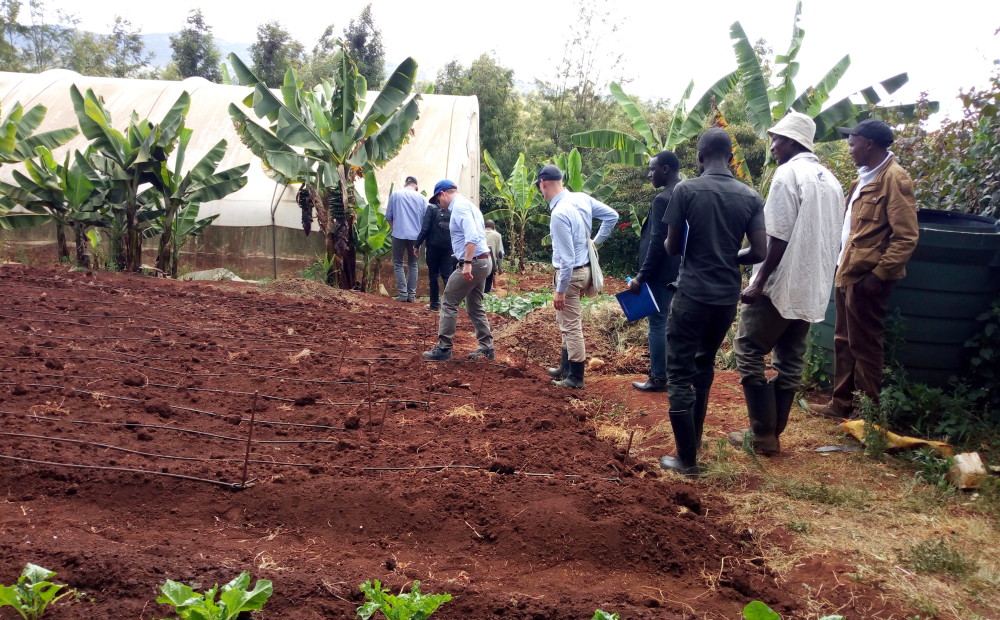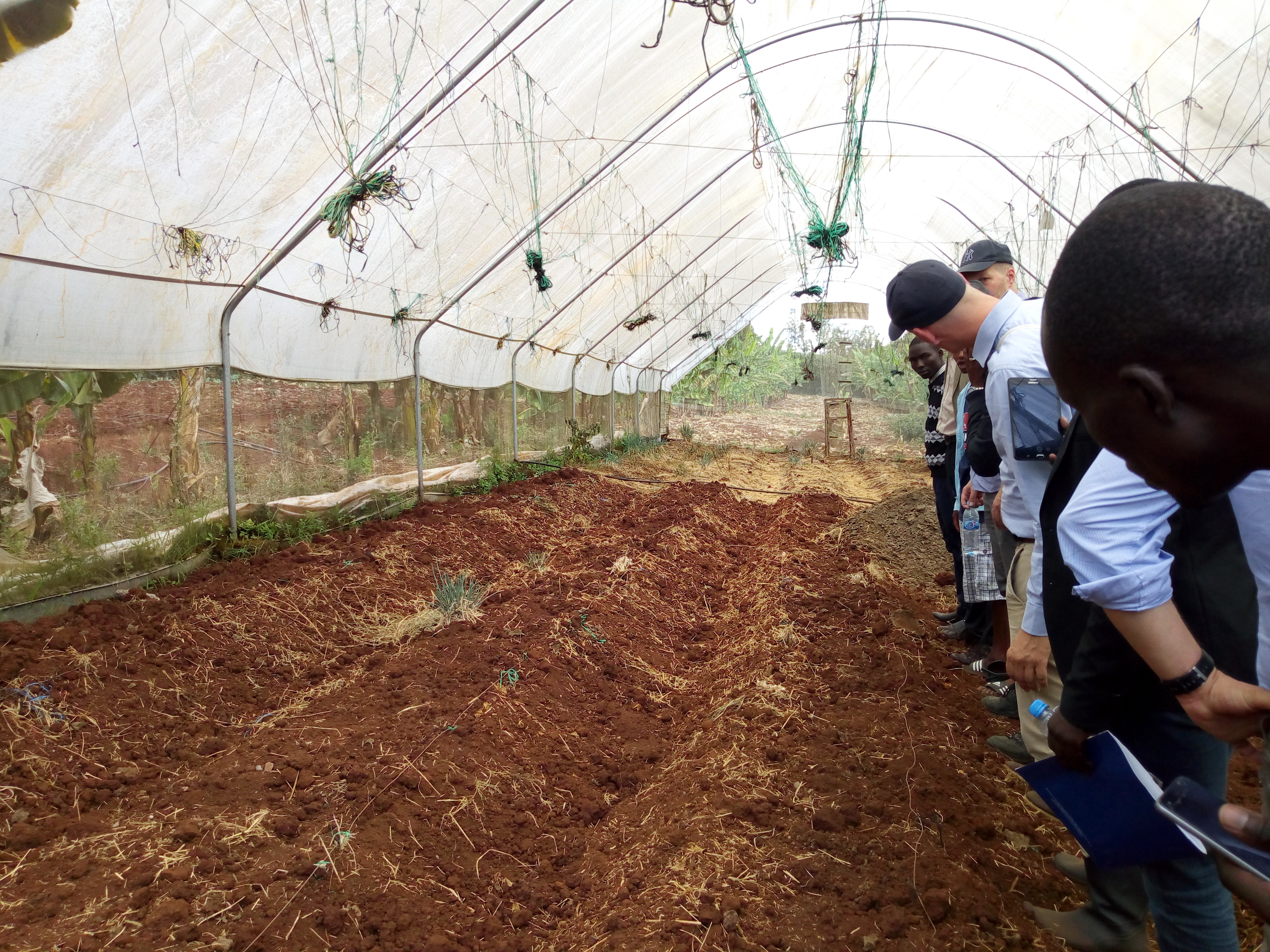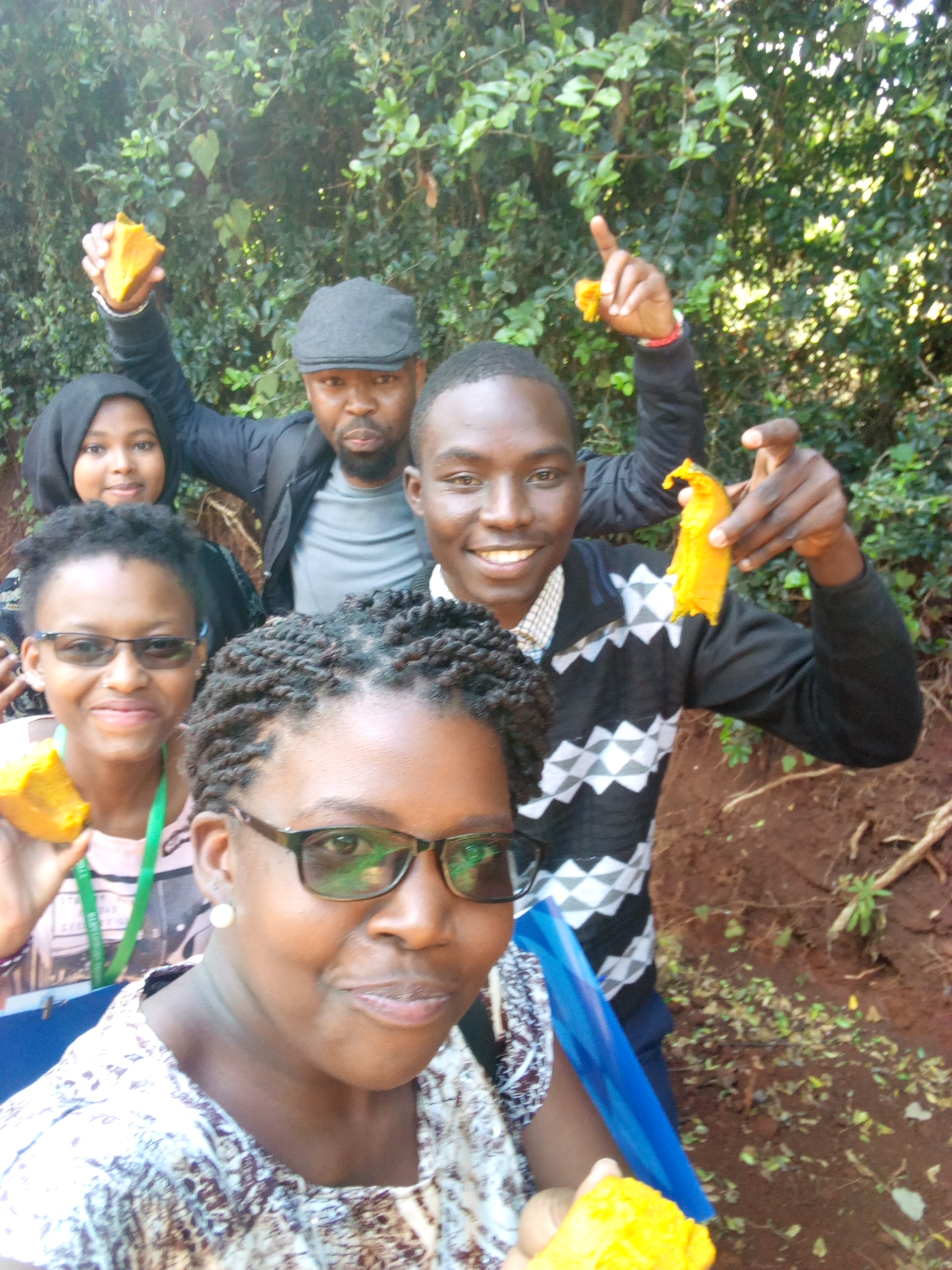Throughout my marketing career, I have heard almost every excuse in the book as to why some business owner was not marketing his or her business.
I have no time, I don’t know what to do, it costs money, I don’t need to market, etc.
But the excuses I’ve heard most often relate to how expensive marketing is. So I decided to write this change your mindset. Because the truth is there are a whole bunch of ways to market your business for little or no cost.
1. Start a Website or Blog
Although you might think that you need to hire a professional web design company to develop a website or a blog for your business, this isn’t the case. Yes, if your business has been around a while or if you want a tailored look or special features, such as high-end design or an e-Commerce platform, you will need to hire a company.
But if you are on a tight budget, you can probably do it on your own. There are free platforms out there that you can use to create an attractive, fully-functional site without paying a dime! For example, you can get a totally free, high performing blog from WordPress. You will have to pay for a domain and Web hosting, but you can find these things for about $5 a month (such as from GoDaddy). For this minimal investment, you can build a reasonably good home base for promoting your business.
2. Get Active on Social Media
If you haven’t used social media (Twitter, YouTube, Facebook, Pinterest, Google+, etc.) to promote your business yet, you are missing on an opportunity to potentially have your company or its products go viral. Although you might have seen advertisements for pricey social media marketing campaigns and social media tools, you don’t need any of these things to get started to promote your business. You can sign up for business pages on LinkedIn, Google+, Twitter, Facebook and Pinterest for free.
By creating complete business profiles and pages, working to gain followers by regularly posting interesting and informative content is a great way to make your business more well-known and to keep your audience base satisfied. It may not necessarily lead to more sales or leads directly. But it is great for public relations and brand awareness.
3. Get Added to Internet Directories
There are a ton of highly reputable website and business directories out there, and you need to make sure that your business is listed on them. For example, Yahoo and Google offer these listings, as do Yelp, TripAdvisor, etc.
The listings are mostly free and you might be surprised by their value. Many of these sites have top search engine rankings. So people looking for your business will find these links quickly because they end up on the first page of search results. You can also gain traffic and potential customers from those who are viewing these sites looking for businesses that are similar to yours.
4. Get Active with Online Communities
No matter what your business or industry niche might be, chances are good that there are plenty of related online communities out there that you can check out. From forums to social media groups and more, these communities can provide you with many great opportunities to promote your business.
When interacting with others on these sites and communities, it is important that you contribute useful and helpful information and not promote your business overtly. But in the process of doing so, you can post a link to your website and say with which business you are associated. This can help you gather up a nice network of connections and establish you as a local expert in your field.
Once people get accustomed to seeing your name and recognize you as an expert, they may want to give your company a try or send business your way.
5. Email and Forum Signatures
Whether you’re posting on forums or sending an email to your grandma, you should always keep your websites URL and your company’s contact information in your email signature. It’s free and easy to do, but that doesn’t mean it isn’t a powerful tool. It can spread awareness about your business and help people connect your name and face with the name of your company.
With most free email programs and on most forums, you can set your signature once, and it will appear at the bottom of all of your correspondence without you having to take any additional steps. Quick, easy promotion.
6. Ask for Reviews
Review sites like Google+ and Yelp make it easy for people to rate their experiences with your business. By asking your valued customers to leave feedback on these sites, you can help spread awareness about your business and get valuable feedback from your client base at the same time.
Plus, you might be surprised by the number of people who use these sites. Positive reviews can help encourage users to give your business a try rather than checking out what your competitors have to offer.
7. Create an Email List
Building an email list is vital for marketing. An email list is essential. With a signup form on your website, you gather the names and email addresses of people who are interested in your product or service. You can also add the names and email addresses from business cards of prospects that you have gathered. Or any other list of people interested in your business.
Mailings to these lists are tremendously effective. The list members are prequalified because they have already expressed interest in your business by signing up or getting in contact with you. Your mailings let them know what your business has to offer, and you can keep everyone up-to-date on any special deals, offers or sales that you might have.
It is easy to get started with an email service like MailChimp. Most have free versions. As your list builds and your needs become more sophisticated, you can upgrade your account.
8. Blog Comments
Checking out blogs that are related to your industry segment can be a lot of fun. Not only is it entertaining, but it can help you network and spread the word about your own business.
Sharing helpful, insightful comments are a great way to become a part of the conversation on a blog. It shows to others you are an expert in your industry.
Don’t just leave a quick comment and a link to your site. That’s bad form and just spam. Make sure that you provide some sort of value to the community and the conversation. People will be more likely to be interested in who you are and what you have to say and just might check out your website.
9. Offer Deals or Giveaways
People love free stuff. So offering a good deal or a giveaway on your website or social media business page is a great way to get more interest and business. You don’t have to offer anything big. Often, a small item will do the trick.
These can be something like a coupon code for free delivery or a percentage off an order. But the business this generates can be great and people often share the good news with their friends.
Don’t put yourself in the hole with the offer. But offer something.
10. Affiliate or Referral Program
Start an affiliate or referral program so you can reward your loyal customers for sharing the news about your business with their friends and associates.
There are free online programs out there that you can use to keep track of these programs.
You only have to offer a small percentage of your sales or a set cash amount to those who refer customers to your business. But those loyal customers are sure to appreciate an opportunity to make a little bit of cash for sharing the good word about a product, service or business that they like and use.
11. Check out the Way Your Staff Interacts with Prospects
Review how your prospects and customers are dealt with by staff or messaging software for improvements you can make:
How are people greeted by you and your staff when they call in?
When someone sends an email how fast do they get a response?
Is it the kind of email you would like to receive?
When you call to reach someone and leave a voicemail, will the message entice the recipient to call you back as soon as possible?
These improvements to your sales line are not only inexpensive for you to implement, they are a necessity because you are hemorrhaging sales if they are wrong.
12. Publish an Information Pack
You should put together an information pack on your business or products that someone can download from your website. It can be as simple as a PDF document.
The key is to leave some information off your site and offer it only through the info pack. That way the prospect will have to reach out to you, by online form, email or phone, to get a copy.
For example, you can have testimonials on your website or blog, but leave off any case studies and put them in the info pack. Or you can have tips on the use of your product or how-to information or recipes, etc. and use them for the pack. Just ensure the information is valuable and worth the download.
Final Word
While you may be a bit uncertain about doing some of these strategies yourself, learning how to promote your business with little or no cost is a great way to increase traffic, improve your bottom line and help you achieve your goals.
Author: Johana Mutegi

